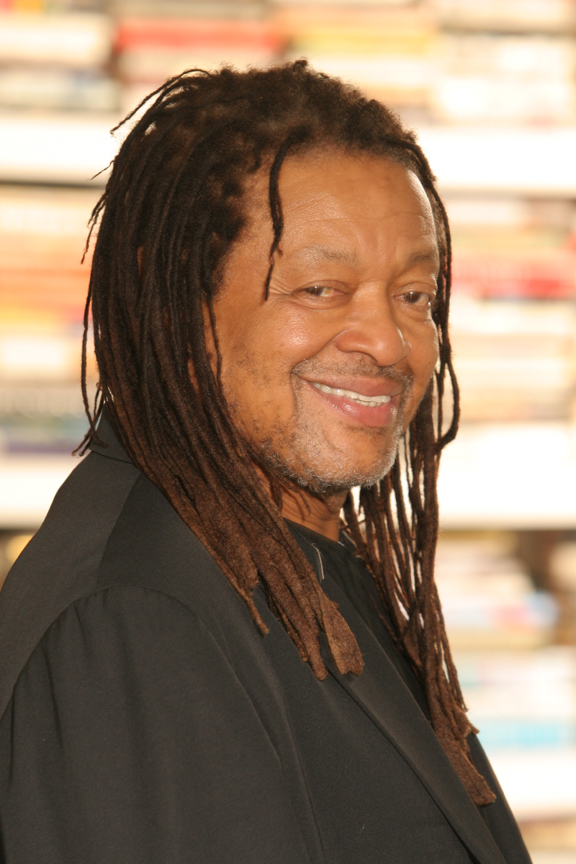 Poet, Author, Journalist, Performer,
Poet, Author, Journalist, Performer, - Professor Emeritus
- Quincy Troupe (photo by Jerry Jack)
QUINCY TROUPE
Born July 22, 1939 in St. Louis, Missouri, Quincy Troupe is an awarding-winning author of eight volumes of poetry, three children’s books, and six non-fiction works. The son of Negro League baseball catcher Quincy Troupe (who added a second “P” to the family name while playing in Mexico to accommodate the Spanish pronunciation “Trou-pay”), Troupe Jr. attended Grambling State University on a baseball scholarship. He failed to finish either of his first two semesters and subsequently joined the United States Army. In his free time as a soldier, he developed the passion for writing that would define his career.
Upon his return to civilian life, Troupe moved to Los Angeles, where he encountered the Watts Writers Workshop and began working in a more jazz-based style. It was on a tour with the Watts group that he first began his academic life. In 1969, Troupe visited Ohio University with the poetry tour. He would soon be offered a position as writer-in-residence. In 1971, he moved to Richmond College on Staten Island in New York City, where he was a lecturer.
In 1976, Richmond College underwent a merger and became the College of Staten Island of the City University of New York. It was during this transition, Troupe later revealed, that he adjusted his curriculum vitae to include a (fictitious) bachelor’s degree he claimed to have earned in 1963 from Grambling State University. He made the addition in order to possibly attain tenure, which he likely could not have done without an academic degree. The fiction would go unchallenged for nearly three decades.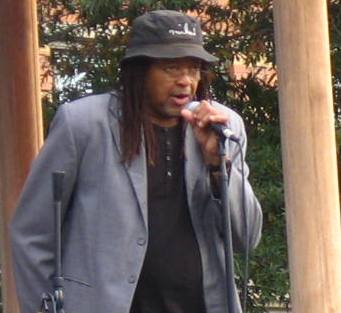
The next few years, William would see Troupe become a celebrity in the academic world, winning an American Book Award for 1989’s “Miles, the Autobiography” (written with Miles Davis) and earning numerous other accolades. In 1990, Troupe moved to the University of California, San Diego as a professor of literature, where he continued to gain acclaim, and became the founding editor of Code Magazine.
In early 2002, Troupe was named California’s first Poet Laureate and took office on June 11, 2002. A background check related to the new position revealed that Troupe had, in fact, never possessed a degree from Grambling; he attended for only two semesters in 1957-58 and failed most of his classes. After admitting that he had not earned a degree, he claimed to have studied Political Science, but there is no evidence that he ever did so and he earned no academic credits whatsoever from Grambling. He resigned from the Poet Laureate’s position and retired from his post at UCSD rather than face an administrative review.
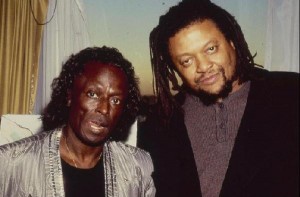
Quincy with Miles Davis
Other notable Troupe works include James Baldwin: The Legacy (1989) and Miles and Me: A Memoir of Miles Davis (2000).He also edited Giant Talk: An Anthology of Third World Writing (1975) and is a founding editor of Confrontation: A Journal of Third World Literature and American Rag. He taught creative writing for the Watts Writers’ Movement from 1966 to 1968 and served as director of the Malcolm X Center in Los Angeles during the summers of 1969 and 1970.
The year 2006 saw the publishing of his collaboration with self-made millionaire Chris Gardner on the latter’s autobiography, The Pursuit of Happiness. The book served as the inspiration for a film of the same name later that year starring Will Smith.
Among his honors and awards are fellowships from the National Foundation for the Arts, the New York Foundation for the Arts, and a grant from the New York State Council on the Arts. In 2010 he received the American Book Award for Lifetime Literary Achievement.
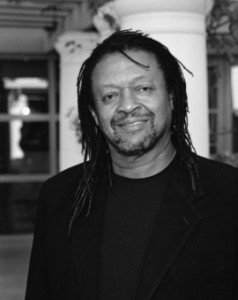 Among his best-selling works are Miles: The Autobiography of Miles Davis and his memoir, Miles & Me. Other works are: The Pursuit of Happiness, an autobiography he wrote with Chris Gardner that became a major motion picture and that was a New York Times bestseller for over 40 weeks; The Architecture of Language, a book of poems, which won the 2007 Paterson Award for Sustained Literary Achievement.
Among his best-selling works are Miles: The Autobiography of Miles Davis and his memoir, Miles & Me. Other works are: The Pursuit of Happiness, an autobiography he wrote with Chris Gardner that became a major motion picture and that was a New York Times bestseller for over 40 weeks; The Architecture of Language, a book of poems, which won the 2007 Paterson Award for Sustained Literary Achievement.
Today, Troupe lives with his wife, Margaret in Harlem, New York City, where he edits NYU’s Black Renaissance Noire and continues to write.
From Chris Hildreth:
“For me, one of the most revealing moments of the festival came the morning I sauntered into Waterloo’s old church while Quincy Troupe was speaking about poetry. The size of the crowd made it difficult even to find a place to stand. What I found so striking was the rapt attention of the audience as it hung on the poet’s every word–striking because the listeners were all high school kids.”
Robert Kendall, Poets & Writers Magazine, Sep/Oct 1991
PUBLICATIONS
The Architecture of Language, Coffee House Press, 2006
The Pursuit of Happyness, HarperCollins/Amistad, 2006
Little Stevie Wonder, A children’s book, Houghton-Mifflin, (March,2005).
Transcircularities; New and Selected Poems, Coffee House Press, October, 2002.
take it to the hoop Magic Johnson, a children’s book published by Jump At The Sun, a division of Hyperion/Disney Books of Children, 2001.
Miles and Me; A Memoir. Hardcover edition, University of California Press, 2000, (Paperback edition published in 2002.) Miles and Me translations forthcoming: German edition 2004 and Italian edition 2004. Translation editions already published: Japanese edition, 2001 and a Spanish edition in 2001.
Screenplay [completed] for a movie based on Miles and Me.
Choruses, poems, Coffee House Press, 1999.
Avalanche, poems, Coffee House Press, 1996
Weather Reports: New and Selected Poems, Harlem River Press, New York and London, 1991
Miles: The Autobiography of Miles Davis with Quincy Troupe, Quincy Troupe, Co-author, Simon & Schuster, New York, 1989
James Baldwin: The Legacy, Quincy Troupe, ed., Touchstone Press (Simon & Schuster), New York 1989
Skulls Along the River, poems, Quincy Troupe, I. Reed Books, New York, 1984
Snake-Back Solos: Selected Poems 1969-1977, Quincy Troupe, I. Reed Books, New York, 1979
The Inside Story of T.V.’s Roots, Quincy Troupe and David L. Wolper, Warner Books, New York, 1978
Giant Talk: An Anthology of Third World Writing, Rainer Schulte and Quincy Troupe, eds.., Random House, New York, 1972, Embryo, Quincy Troupe, Balenmir House, New York, 1972
Watts Poets and Writers, Quincy Troupe, ed., House of Respect, California, 1968
Audio cassettes and compact discs
Quincy Troupe with Pianist Donal Fox, audio cassette, Videmus Records, June 1996
Shaman Man, Quincy Troupe, Watershed Tapes, Washington, DC 1990
George Lewis Changing with the Times, New World Records, New York, NY, 1993
Root Doctor, New Alliance Records, Lawndale, CA, March, 1995
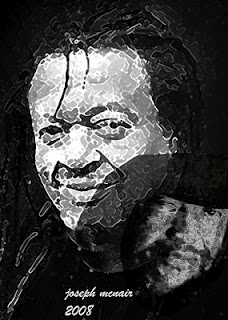

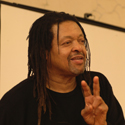 LINKS
LINKS